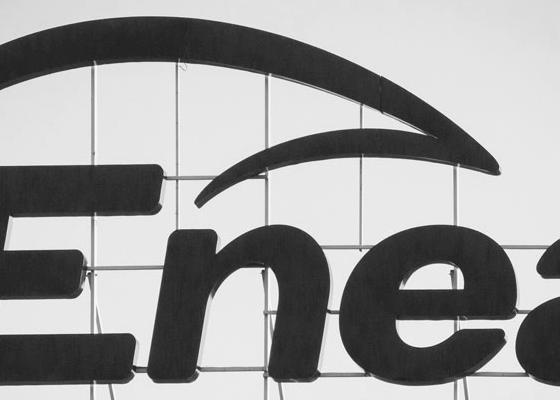On 3 January 2018, came into force Directive 2014/65/EU of the European Parliament and of the Council of 15 May 2014 on markets in financial instruments and amending Directive 2002/92/EC and Directive 2011/61/EU (MiFID 2), which is a legal act primarily concerning financial markets, but also affecting companies from the energy sector.
Several key issues are relevant to the energy sector. Firstly, emission allowances and derivatives based on emission allowances have been unconditionally included in the list of financial instruments. Also, to the list were added commodity derivatives (including forward contracts for electricity and gas), which are equivalent to contracts concluded on organised markets, i.e. regulated markets, MTFs and OTFs. An exception will be the contracts traded on the OTF markets, settled by physical delivery, concerning the so-called wholesale energy products - i.e. transactions concerning electricity and gas falling within the scope of the REMIT regulation (the so-called REMIT carve-out).
Classification of certain products as financial instruments will have an impact on the rules of trading in these instruments – conditions of trading, security and clearing. As a consequence, the existing Commodity Forward Instruments Market operated by TGE S.A. will ultimately be transformed into an OTF (organised trading platform). MiFID 2 also amended the rules for exemptions from the need to obtain permits from the financial supervision authority (KNF) to conduct brokerage activities with respect to financial instruments.
As a result of this change, energy companies had to analyse their activities and adapt to the new requirements, or decide to obtain the status of an investment firm. MiFID 2 was implemented into the Polish legal system by the Act of 1 March 2018 amending the Act on trading in financial instruments and certain other acts, which entered into force on 21 April 2018.




